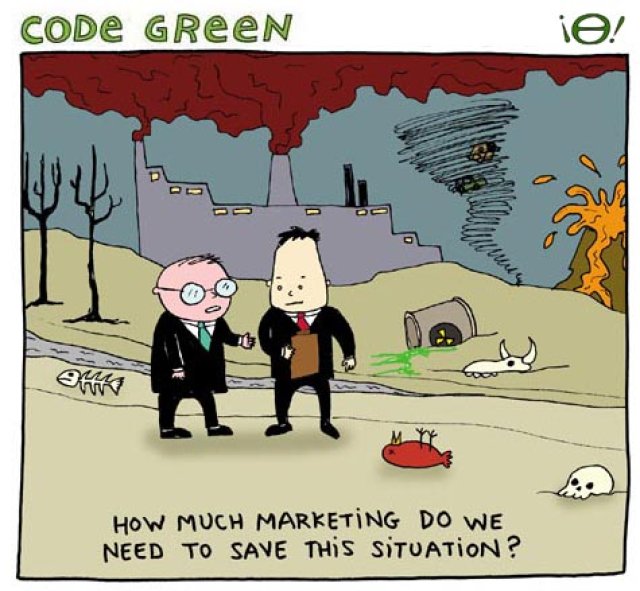
Despite carefully-crafted appearances to the contrary, projects like the Extractive Industries Transparency Initiative (EITI) are no solution to the problems that confront the colonised “developing” world.
Endemic corruption, environmentally unsustainable development and spiralling income inequality are inseparable from the process of capitalist global expansion, which EITI and other corporate-funded front organisations only serve to legitimise.
EITI is the brainchild of former British “New Labour” PM Tony Blair, a neoliberal spruiker who has made millions out of exploiting close personal connections with big business and the war machine.
Speaking at a Johannesburg development conference in 2002, Blair offered a smoke-and-mirrors reform agenda. It was enthusiastically taken up for its public relations value by the architects of post-Cold War globalisation.
EITI’s principal backers were the World Bank, the International Monetary Fund (IMF), Western governments, big mining corporations and their client regimes — a reliable indicator of its true nature.
Since then, EITI has acquired international recognition. The organisation is now based in Oslo, providing employment for dozens of bureaucrats, development consultants and public relations specialists.
At present, the EITI board includes World Bank apparatchiks, several ministers representing human rights-abusing dictatorships (Niger, Cameroon, etc) and representatives from multinationals like Chevron, ExxonMobil, and Royal Dutch Shell.
Greater transparency, they argue in disingenuous press releases, will lead to better governance, sustainable development and poverty reduction.
This is pure nonsense. Oil, gas and mineral cartels are driven by the quest for profit. Extracting resources at the cheapest possible cost and selling them at the highest possible price is the underlying objective of everything they say and do.
Historically, the logic of capitalism has led to the negation of basic human rights in resource-rich areas of the developing world. This is necessary for the preservation of astronomical profit margins, something the business press is often open about.
For example, “Evo Moralez [sic] is the first indigenous leader of Bolivia. For resource investors, that’s the end of the good news … this is simply not a safe place to put investment dollars”, said an October 2009 Resourceintelligence.net article, “The 10 Worst Mining Jurisdictions in the World”.
The real purpose of EITI is to provide an image-laundering device for extractive companies. EITI’s “transparency” drive sounds like a worthwhile goal, but on closer examination it amounts to a narrow set of accounting objectives that allow the fundamental inequities of resource colonialism to remain unchallenged.
By signing up as an EITI-supporting company, media-savvy corporations derive invaluable low cost publicity as “socially responsible corporate citizens” and “compassionate capitalists”.
Meanwhile, it’s business as usual on the frontiers of empire, where EITI supporters such as Alcoa, Anglo American, BHP Billiton, BP, ConocoPhillips and Rio Tinto continue to abuse human rights and wreak environmental havoc. All these companies have been repeatedly named in connection with major ongoing violations.
Rio Tinto's Grasberg mine, for example, is at Mount Jaya in West Papua, the site of three equatorial glaciers and a sacred area for the indigenous people who depend on the region’s ecosystem for survival.
In addition to destroying huge sections of the mountain top, the mine uses more than a billion gallons of water a month and dumps toxic waste into the Ajkwa river, eliminating all plant life along its banks and polluting drinking water.
Yet the company can claim on its website: “Rio Tinto has expressly supported the Extractive Industries Transparency Initiative (EITI) … Our business units support and promote the EITI and its implementation in those countries where we have projects or mining revenue generating operations.”
Anglo-American is another perpetrator that proudly trumpets its EITI connections. The company’s website claims: “EITI exists to improve transparency … Anglo-American supported it from the outset …
“To date, over 20 countries — including several in which Anglo American operates or has interests — have declared their intention to implement EITI principles. We applaud their commitment to transparency.”
The Democratic Republic of Congo is one such EITI candidate country where Anglo-American has acquired significant interests. A 2005 Human Rights Watch report said AngloGold Ashanti (an Anglo-American subsidiary and one of the largest gold miners in the world) “established relations with the FNI, an armed group responsible for serious human rights abuses including war crimes and crimes against humanity, and who controlled the Mongbwalu area.
In return for FNI assurances of security for its operations and staff, AngloGold Ashanti provided logistical and financial support — that in turn resulted in political benefits — to the armed group and its leaders … Business considerations came above respect for human rights.”
The list goes on. Working closely with local elites in Asia, Africa and Latin America, capital continues to outsource political repression so it can concentrate on the logistics of plunder. That’s the reality of the international extractive industry, regardless of the smokescreen provided by EITI.
